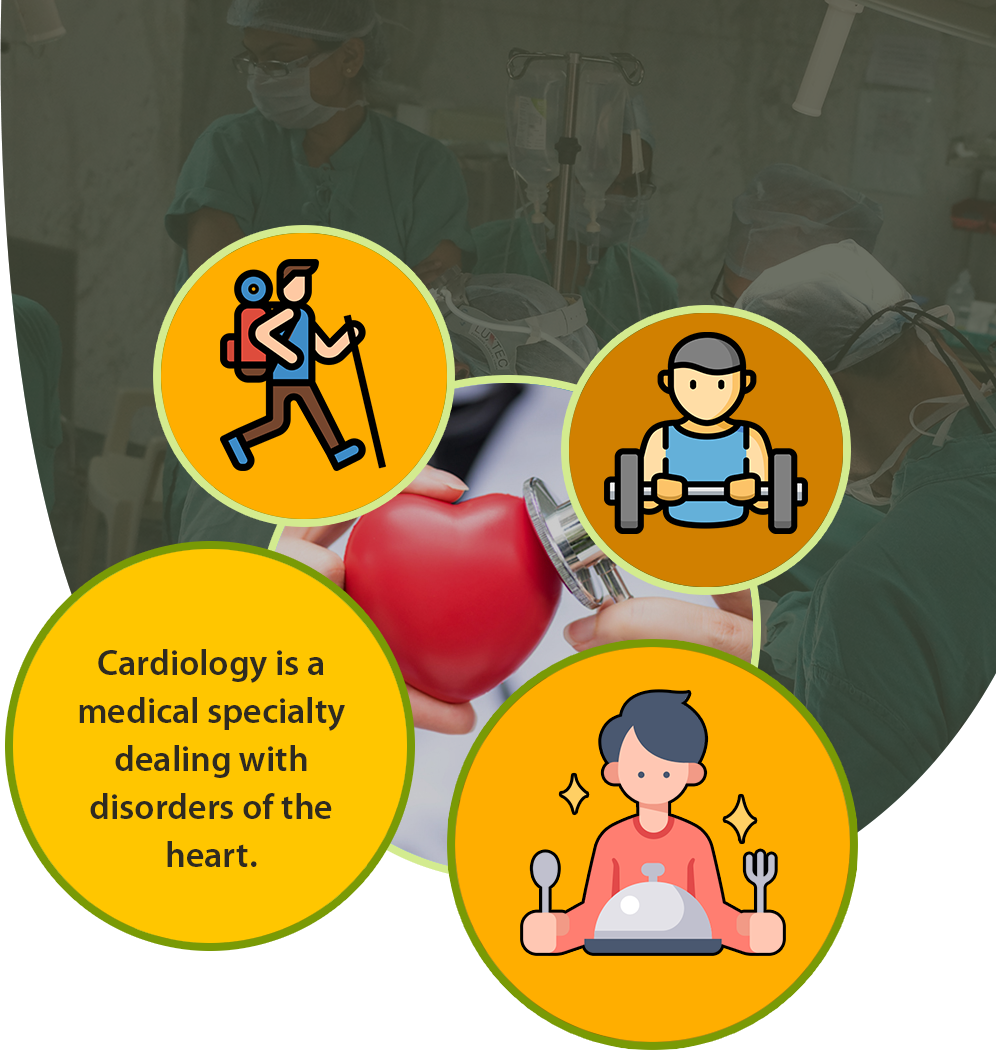

Dr. Swapan Kumar De
Senior Most Interventional Cardiologist at
Apollo Multispeciality Hospital Kolkata.
MD, DM (Cardiology)
Clinical Cardiologist in Kolkata, India
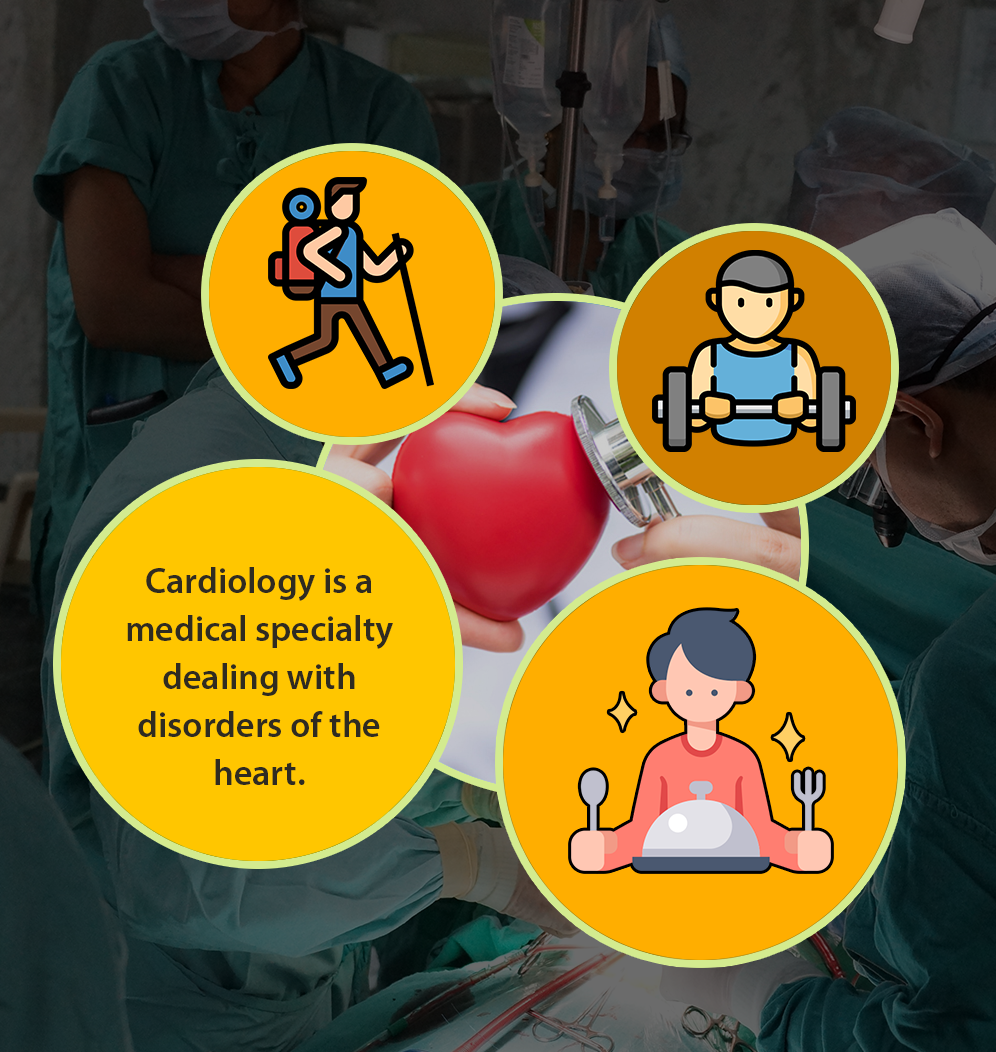



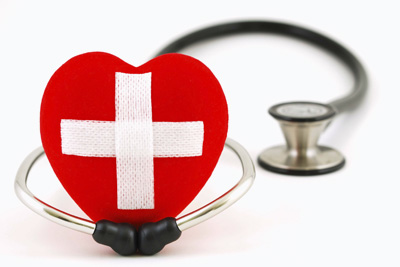
Cardiologists are doctors who specialize in diagnosing and treating diseases o rconditions of the heart and blood vessels-the cardiovascular system. You might also visit a cardiologist so you can learn about your risk factors for heart disease and find out what measures you can take for better heart health. Texas Heart Institute cardiologists are listed in the professional staff directory.
When you are dealing with a complex health condition like heart disease, it is important that you find the right match between you and your specialist. A diagnosis of heart or vascular disease often begins with your primary care doctor, who then refers you to a cardiologist.
The cardiologist evaluates your symptoms and your medical history and may recommend tests for a more definite diagnosis. Then, your cardiologist decides if your condition can be managed under his or her care using medicines or other available treatments. If your cardiologist decides that you need surgery, he or she refers you to a cardiovascular surgeon, who specializes in operations on the heart, lungs, and blood vessels. You remain under the care of your cardiologist even when you are referred to other specialists.
Cardiology is a complex field, so many cardiologists specialize in different areas. All cardiologists are clinical cardiologists who focus on the diagnosis, medical management (use of medicines), and prevention of cardiovascular disease. Some clinical cardiologists specialize in pediatric cardiology, which means they diagnose and treat heart problems in children. When clinical cardiologists treat only adult patients, they specialize in adult cardiology. Other clinical cardiologists may specialize in interventional procedures (balloon angioplasty and stent placement), echocardiography, or electrophysiology.
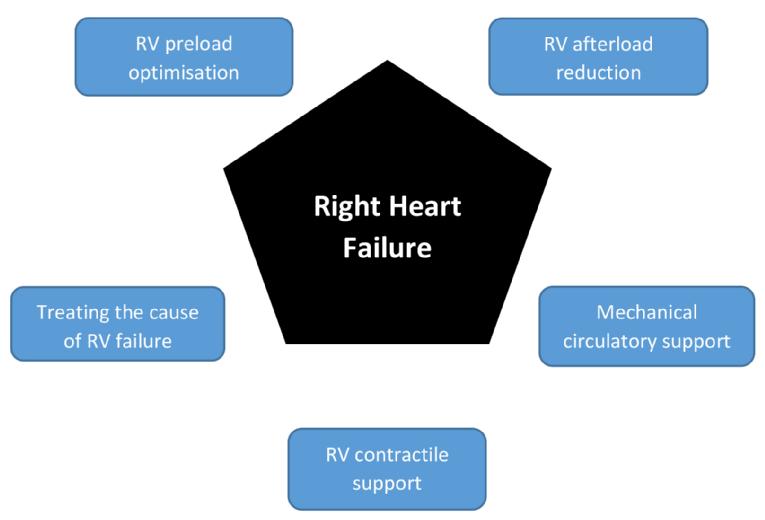
Doctors usually treat heart failure with a combination of medications. Depending on your symptoms, you might take one or more medications, including: Angiotensin-converting enzyme (ACE) inhibitors. These drugs relax blood vessels to lower blood pressure, improve blood flow and decrease the strain on the heart
Heart failure is also classified as either diastolic or systolic.
1. Left-sided heart failure. Left-sided heart failure is the most common type of heart failure. ...
2. Right-sided heart failure. ...
3. Diastolic heart failure. ...
4. Systolic heart failure.
The most common conditions that can lead to heart failure are coronary artery disease, high blood pressure and previous heart attack. If you've been diagnosed with one of these conditions, it's critical that you manage it carefully to help prevent the onset of heart failure.
1. What 3 things would you have to do to treat heart failure?
2. Modify daily activities and get enough rest to avoid stressing the heart. Eat a heart-healthy diet that is low in sodium and fat. Don't smoke and avoid exposure to second-hand smoke. Don't drink alcohol or limit intake to no more than one drink two or three times a week.
All of the lifestyle factors that increase your risk of heart attack and stroke -smoking, being overweight, eating foods high in fat and cholesterol and physical inactivity - can also contribute to heart failure.
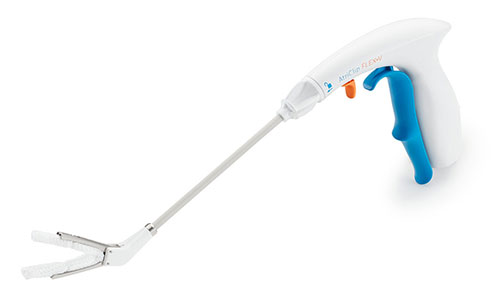
The AtriClip, which is applied to the outside surface of the left atrial appendage, permanently closes the left atrial appendage at its base, preventing blood from entering the pouch. This procedure is performed by a cardiac surgeon using minimally invasive surgical techniques.
About Cardiologists : Cardiologists treat people with diseases or conditions of the heart and people who want to learn the risk factors for heart disease. A primary care doctor or family practice doctor can work with a cardiology specialist to diagnose, treat, and manage heart conditions and help people make heart-healthy lifestyle choices. Patients who are at risk for heart disease or have a history of heart symptoms may see a clinical cardiologist regularly. People with ongoing heart conditions, pacemakers, or frequent heart trouble are likely to see a cardiologist with a subspecialty.